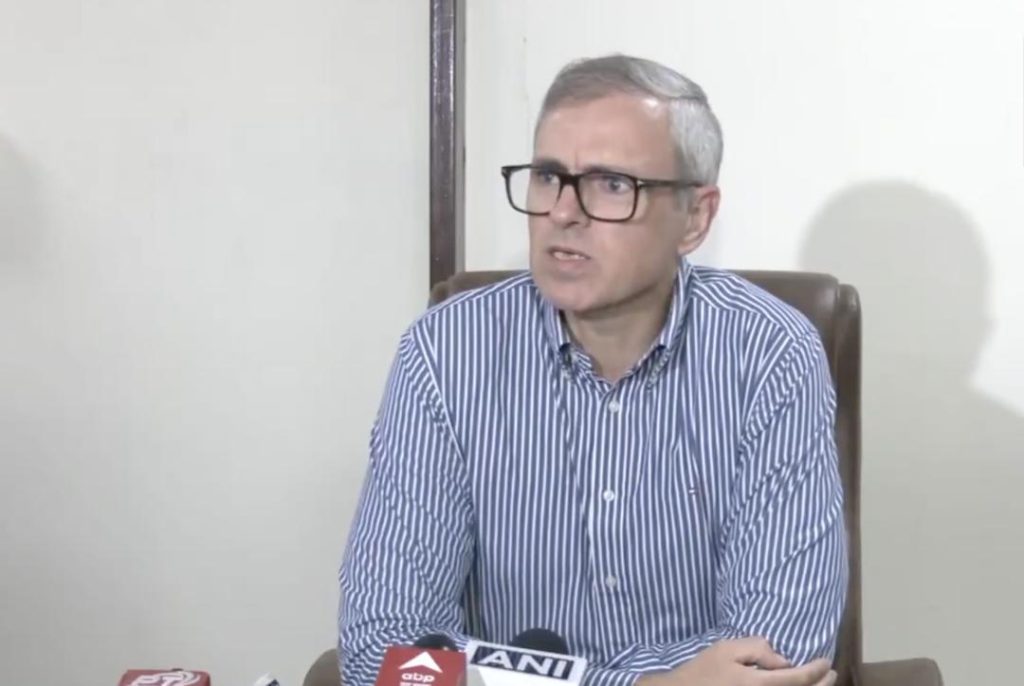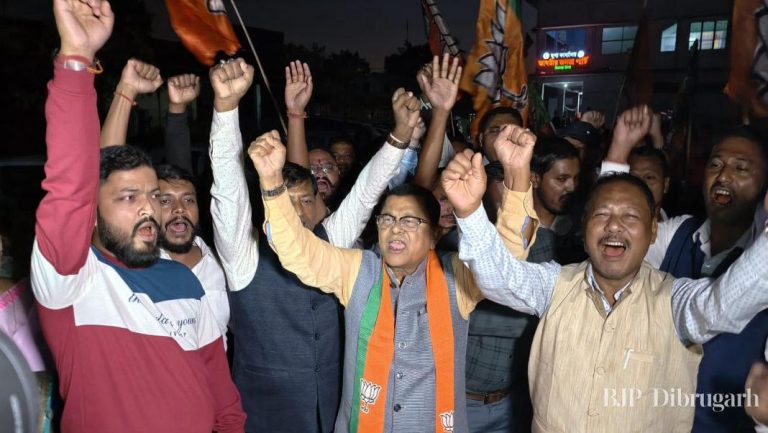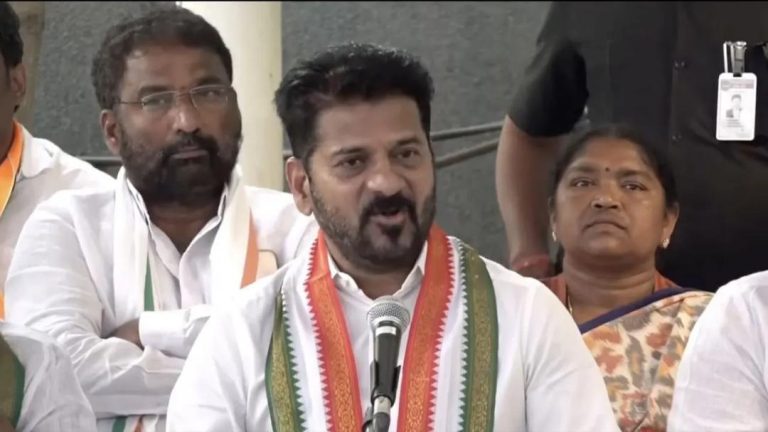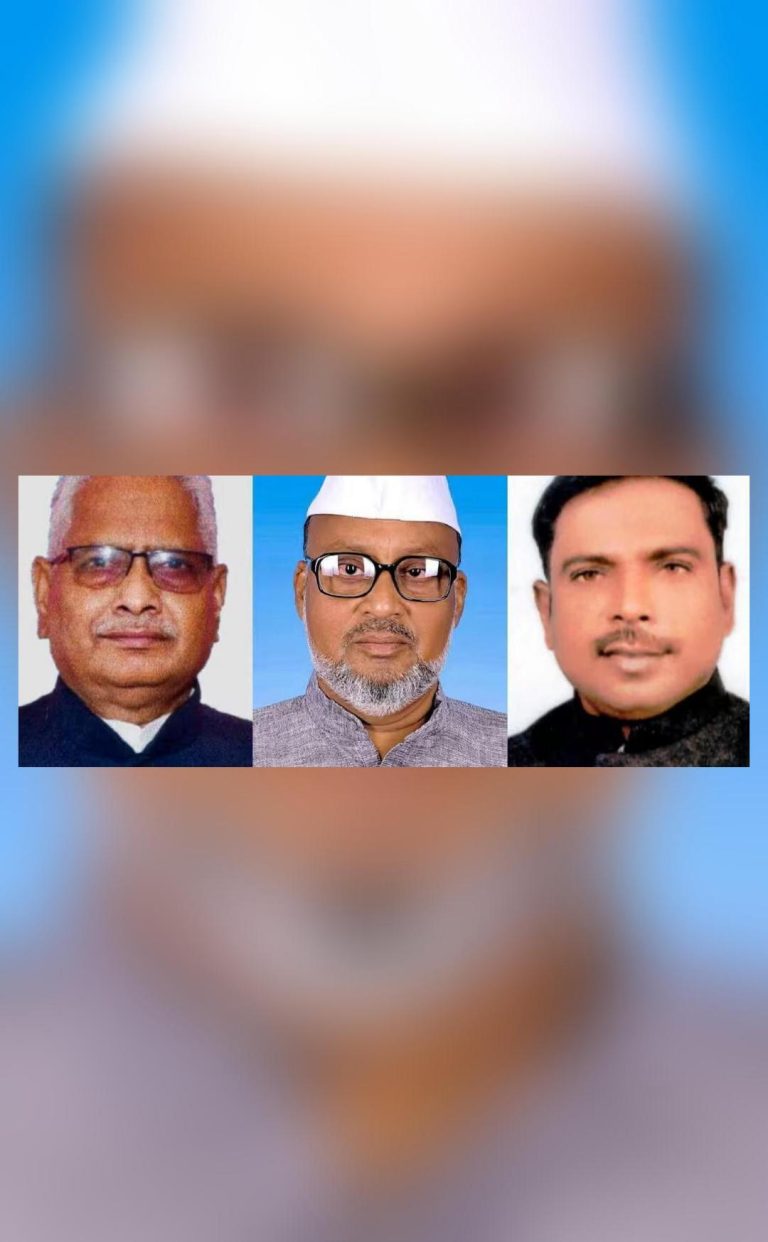
Title: Why Should I Send Water to Punjab?: J&K CM on Canal Proposal
The recent proposal to construct a 113 km-long canal to redirect surplus water from the three western rivers of the Indus system in Jammu and Kashmir (J&K) to Punjab, Haryana, and Rajasthan has sparked a heated debate. The J&K Chief Minister, Omar Abdullah, has expressed his reservations about the project, questioning the rationale behind directing water from his state to other regions. In this blog post, we will delve into the details of the proposal, the concerns raised by the J&K CM, and the implications of such a project.
Background of the Proposal
The Indus Waters Treaty, signed in 1960, allocates the water of the Indus, Jhelum, and Chenab rivers among the three riparian countries – India, Pakistan, and Jammu and Kashmir. The treaty is meant to ensure the equitable distribution of water among the signatory countries. However, the recent proposal seeks to redirect surplus water from the three western rivers in J&K to Punjab, Haryana, and Rajasthan, which are already receiving water under the existing treaty.
The proposal suggests constructing a 113 km-long canal to divert water from the Ravi, Beas, and Sutlej rivers in J&K to the states of Punjab, Haryana, and Rajasthan. The canal would be built at a cost of Rs 5,000 crore and is expected to provide an additional 10 million acre-feet (MAF) of water to the regions.
J&K CM’s Concerns
Omar Abdullah, the Chief Minister of J&K, has expressed strong reservations about the proposal, questioning the logic behind diverting water from his state to other regions. In a statement, he said, “Why should I send water to Punjab? Punjab already had water under the Indus Waters Treaty. Did they give us water when we needed it?”
The J&K CM’s concerns are not unfounded. J&K has been facing water scarcity issues, particularly in the Kashmir Valley, where the water table is depleting rapidly. The state has been struggling to provide adequate water supply to its residents, and the proposal to divert water to other regions would only exacerbate the situation.
Moreover, Omar Abdullah has pointed out that J&K has been denied its rightful share of water under the Indus Waters Treaty. The treaty allocates only 20% of the water of the three western rivers to J&K, while the remaining 80% is allocated to Pakistan. The J&K CM’s concerns about not receiving water when needed are valid, given the state’s historical experiences.
Implications of the Proposal
The proposal to construct a canal to redirect water from J&K to other regions has several implications. Firstly, it would divert water from an already water-scarce region, exacerbating the situation for the residents of J&K. Secondly, it would undermine the spirit of the Indus Waters Treaty, which is meant to ensure the equitable distribution of water among the signatory countries.
Moreover, the proposal would also have environmental implications. The construction of a 113 km-long canal would require massive land acquisition, displacement of people, and destruction of ecosystems. The project would also require the construction of dams, which would have implications for the region’s biodiversity and ecosystem services.
The proposal has also raised questions about the transparency and accountability of the project. The J&K CM has expressed concerns about the lack of public consultation and transparency in the proposal. The project’s cost and benefits have not been clearly outlined, and the environmental and social impacts have not been adequately assessed.
Conclusion
The proposal to construct a canal to redirect water from J&K to other regions is a contentious issue that has sparked a heated debate. The J&K CM’s concerns about not receiving water when needed and the water scarcity in his state are valid. The proposal would undermine the spirit of the Indus Waters Treaty and have several environmental and social implications.
Instead of constructing a canal, the focus should be on ensuring the equitable distribution of water among the signatory countries. The Indus Waters Treaty should be revisited and revised to ensure that each country receives a fair share of water. Moreover, the focus should be on conserving water and promoting water efficiency in the region, rather than diverting water from one region to another.
News Source:
https://x.com/ANI/status/1935953245043933487






